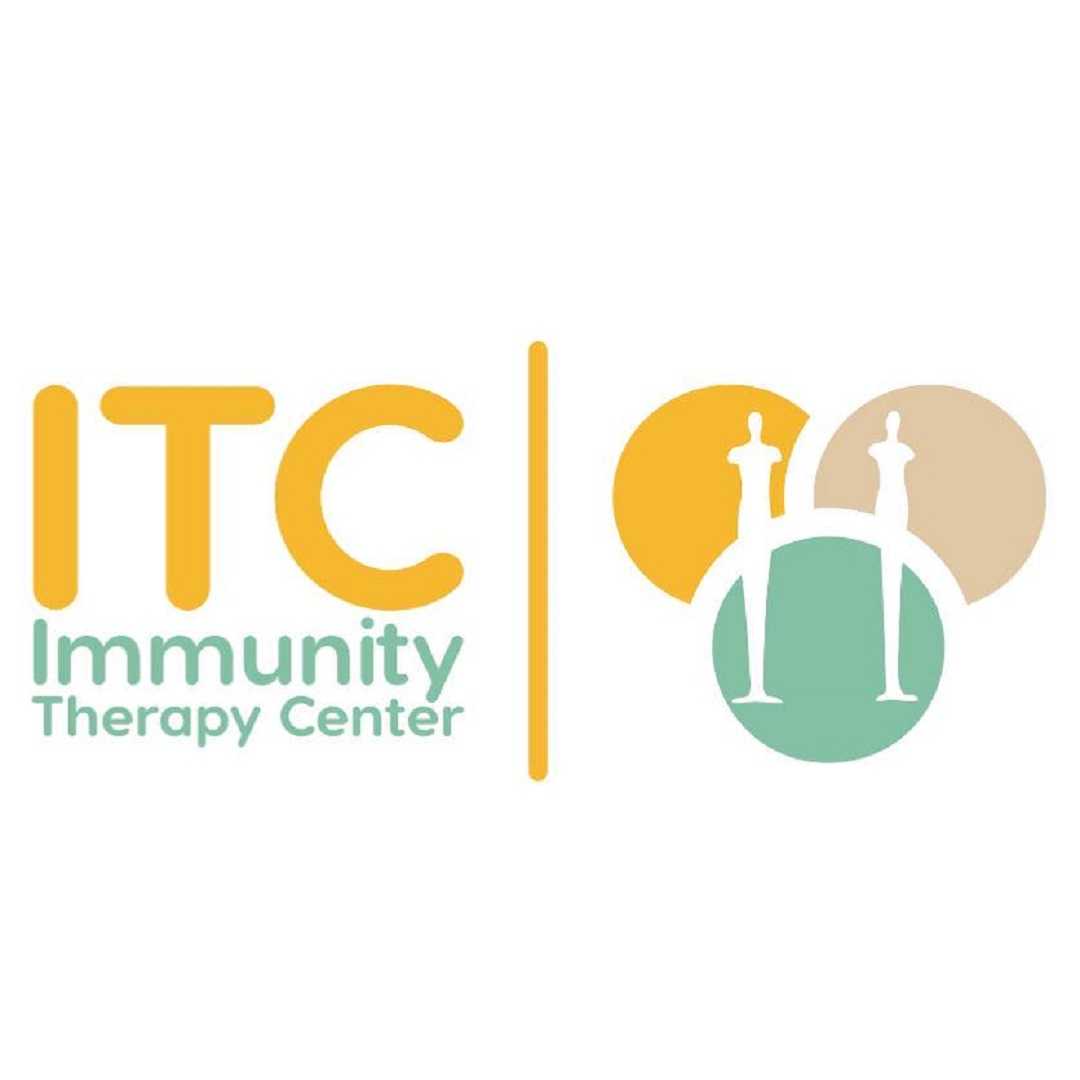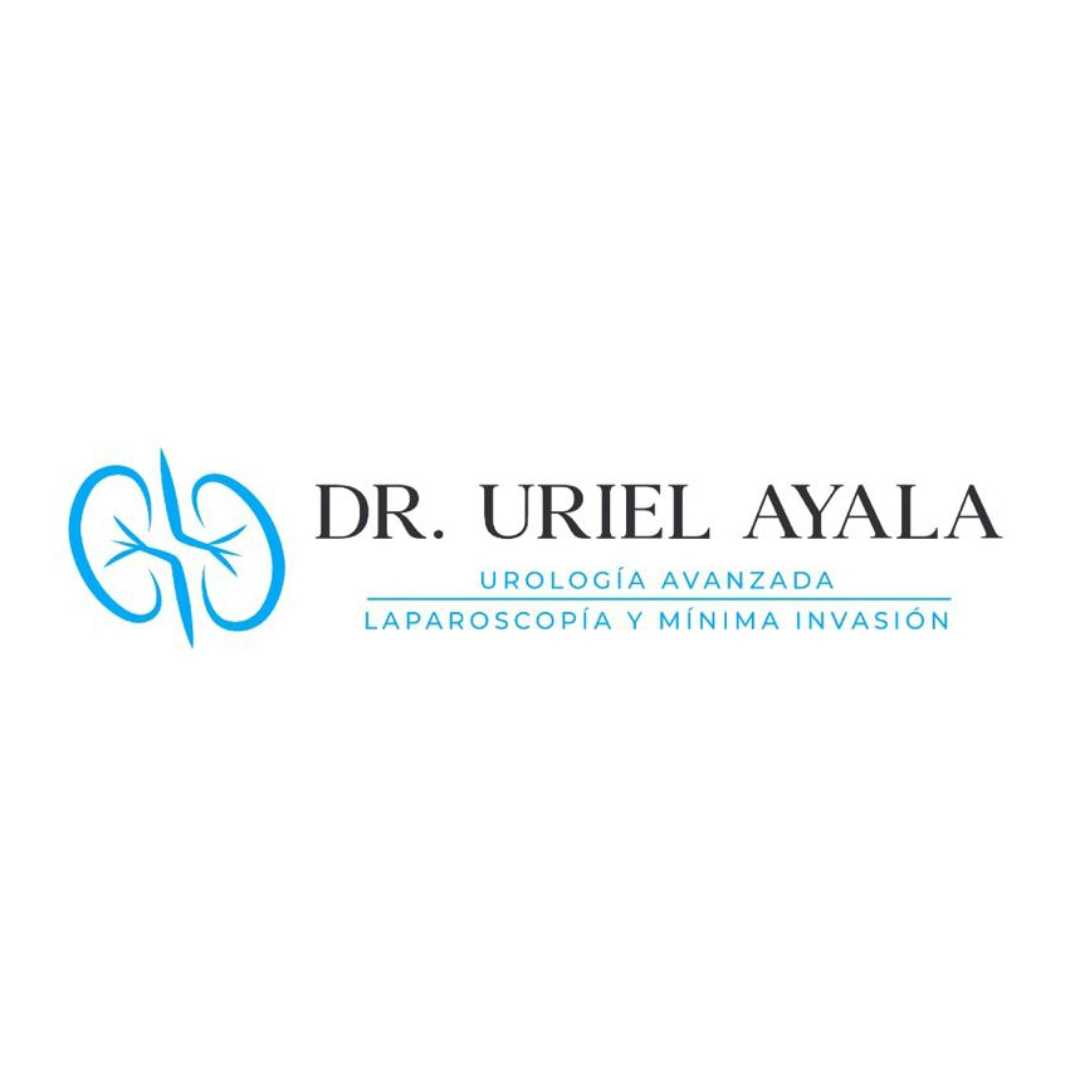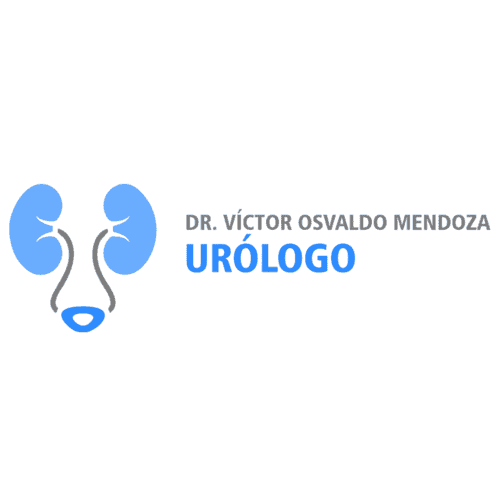Explore The Efficacy of Ozone Therapy in Colon Cancer Treatment in Mexico

"While some clinics in Mexico offer ozone therapy for colon cancer, there is currently no robust scientific evidence to support its effectiveness as a standalone or primary treatment."
Ozone therapy, a form of alternative medicine, has been a topic of much discussion, particularly in the realm of cancer treatment. Many individuals exploring their options outside of conventional medicine often come across clinics in Mexico offering this treatment for various ailments, including colon cancer. This has led to a surge in questions across online forums and search engines about its efficacy, safety, and what the treatment actually entails. If you're considering this path, it's crucial to be well-informed about what the science says, what the treatment involves, and the potential risks and benefits. This blog post will delve into the most pressing questions surrounding ozone therapy for colon cancer in Mexico, providing you with a comprehensive overview to aid in your decision-making process.
What is Ozone Therapy and How is it Supposed to Work for Cancer?
"Ozone therapy involves the administration of ozone gas (O3?) into the body to, in theory, increase oxygen levels and create an environment where cancer cells, which are thought to thrive in low-oxygen conditions, cannot survive."
The fundamental idea behind using ozone therapy for cancer is based on the premise that cancer cells have a different metabolism compared to healthy cells. Proponents of this therapy suggest that cancer cells are anaerobic, meaning they flourish in environments with low oxygen levels. By introducing a highly reactive form of oxygen like ozone, the theory is that it can selectively target and destroy cancer cells while leaving healthy cells unharmed. It is also suggested that ozone therapy can stimulate the immune system, improve circulation, and reduce inflammation, all of which could theoretically support the body in its fight against cancer.
It's important to understand that these are the proposed mechanisms and are not universally accepted by the mainstream medical community. While the concept of targeting cancer cells' unique metabolic properties is a valid area of cancer research, the use of ozone to achieve this is considered unproven.
Is Ozone Therapy a Proven and Effective Treatment for Colon Cancer?
"No, ozone therapy is not a scientifically proven or effective treatment for colon cancer. Major health organizations, including the U.S. Food and Drug Administration (FDA), have not approved ozone therapy for the treatment of any disease, including cancer, due to a lack of rigorous scientific evidence from large-scale human clinical trials."
While you might find anecdotal reports or in-vitro (test tube) and animal studies suggesting that ozone may have some anti-cancer effects, this is a far cry from proving its effectiveness in humans with colon cancer. The gold standard for medical treatments is large, randomized, controlled clinical trials, and ozone therapy has not undergone this level of scrutiny for colon cancer. The claims of success are often based on individual testimonials or small, uncontrolled studies, which are not considered reliable evidence of efficacy. Therefore, relying on ozone therapy as a primary treatment for colon cancer would mean forgoing conventional treatments that have been proven to be effective, which could have serious negative consequences for your health.
What Types of Ozone Therapy are Offered for Colon Cancer in Mexico?
"Clinics in Mexico that offer ozone therapy for colon cancer typically provide it in several forms, with the most common being rectal insufflation and major autohemotherapy."
-
Rectal Insufflation: This method involves introducing a mixture of ozone and oxygen gas directly into the colon via a catheter. The theory behind this application for colon cancer is that it delivers the ozone directly to the area of the tumor. Proponents claim this can have a localized anti-cancer effect and also be absorbed into the bloodstream to have systemic effects.
-
Major Autohemotherapy (MAH): This procedure involves drawing a sample of the patient's blood, infusing it with a specific concentration of ozone gas, and then reinfusing the ozonated blood back into the patient's body intravenously. The idea is that this "super-oxygenated" blood will then circulate throughout the body, exerting its purported anti-cancer and immune-boosting effects.
-
Minor Autohemotherapy: Similar to MAH, but a smaller amount of blood is drawn, mixed with ozone, and then injected into a muscle (intramuscularly).
What are the Potential Risks and Side Effects of Ozone Therapy?
"Yes, there are potential risks and side effects associated with ozone therapy, especially when administered by untrained individuals or in unregulated settings. Inhaling ozone gas is toxic to the lungs, and other methods of administration can lead to complications."
While some proponents claim ozone therapy is completely safe, it is not without risks. The most significant danger is the inhalation of ozone gas, which can cause severe respiratory irritation, damage to the lungs, and can be particularly dangerous for individuals with respiratory conditions.
Other potential side effects, depending on the method of administration, can include:
-
Gas embolism: If ozone gas is improperly injected into a vein, it can create an air bubble that can travel to the heart or lungs, which can be fatal.
-
Infections: As with any procedure that involves injections or catheters, there is a risk of infection if sterile techniques are not used.
-
Herxheimer Reaction: Sometimes referred to as a "healing crisis," this can cause flu-like symptoms such as fever, chills, and body aches, which proponents attribute to the die-off of toxins and pathogens.
-
Discomfort: Rectal insufflation can cause cramping, bloating, and a feeling of pressure.
Given that individuals with colon cancer are often in a vulnerable state of health, it is crucial to carefully consider these potential risks.
What is the Stance of Medical and Health Authorities on Ozone Therapy for Cancer?
"Major medical and health authorities, such as the U.S. Food and Drug Administration (FDA) and the American Cancer Society (ACS), do not recommend or approve of ozone therapy for the treatment of cancer. They cite a lack of scientific evidence for its effectiveness and concerns about its safety."
The FDA has explicitly stated that ozone is a toxic gas with no known useful medical application in specific, adjunctive, or preventive therapy. The American Cancer Society has also stated that the available scientific evidence does not support the claims that ozone therapy is effective in treating cancer. These organizations emphasize the importance of using evidence-based treatments that have been rigorously tested for both safety and efficacy. The lack of endorsement from these reputable bodies is a significant factor to consider.
How is Ozone Therapy Regulated in Mexico?
"The regulation of ozone therapy in Mexico is not as stringent as in some other countries, and the legal status can vary. While there have been efforts in some Mexican states to regulate its practice, it largely falls under the umbrella of alternative medicine, which often has less oversight than conventional medical treatments."
This lack of consistent regulation can make it challenging to determine the quality and safety standards of clinics offering ozone therapy. It is crucial for anyone considering this treatment in Mexico to do extensive research on the specific clinic, the qualifications of the practitioners, and the protocols they follow.
What are the Costs of Ozone Therapy for Colon Cancer in Mexico?
"The cost of ozone therapy for colon cancer in Mexico can vary significantly from clinic to clinic and depends on the specific treatment protocol, the number of sessions, and any other adjunctive therapies included in the treatment plan. Prices can range from a few hundred to several thousand dollars."
Because these treatments are not typically covered by insurance, patients are usually required to pay out-of-pocket. It's essential to get a clear and detailed breakdown of all costs upfront before committing to any treatment. Be wary of clinics that make extravagant claims of cures and charge exorbitant fees.
Are There Any Patient Testimonials or Success Stories for Ozone Therapy and Colon Cancer in Mexico?
"While you may find some positive patient testimonials on the websites of clinics offering ozone therapy in Mexico, these are typically anecdotal and should be viewed with caution. There is a lack of verifiable, independent success stories specifically for colon cancer treated with ozone therapy in Mexico."
Testimonials on clinic websites are a form of marketing and may not present a balanced picture. It's important to look for independent reviews and to be aware that individual experiences can vary greatly and may not be representative of the overall effectiveness of the treatment. A single case report found a reduction in a rectal adenocarcinoma tumor with rectal ozone therapy, but this is not sufficient evidence to draw broad conclusions about its efficacy for all colon cancers.
What Questions Should I Ask a Clinic in Mexico Offering Ozone Therapy?
"If you are considering ozone therapy for colon cancer in Mexico, it is crucial to ask detailed and critical questions to any clinic you are evaluating."
Here are some important questions to ask:
-
What are the specific qualifications and training of the medical staff administering the ozone therapy?
-
What is the scientific evidence you rely on to support the use of ozone therapy for colon cancer? Can you provide references to peer-reviewed studies?
-
What specific type of ozone therapy do you recommend for my condition and why?
-
What are the exact protocols you follow for administering the therapy, including dosage and frequency?
-
What are the potential risks and side effects of the treatment you are proposing?
-
What is the full cost of the treatment, including all associated fees?
-
What is your approach to integrating this therapy with conventional cancer treatments?
-
Can you provide references from past patients who are willing to speak with me about their experiences?
Being thorough in your research and asking these critical questions will help you make a more informed decision.
Ready to explore your healthcare options? PlacidWay can help you find solutions for medical tourism and connect you with reputable healthcare services. Explore PlacidWay today to learn more.


.png)














Share this listing